Banned Alive! The Rise and Fall of Italian Cannibal Movies (2016)
2 1/2 hour-documentary on the rise and fall of one of the most controversial Italian genres every created. Starting with Deep River Savages arriving to the infamous Cannibal Ferox.
2 1/2 hour-documentary on the rise and fall of one of the most controversial Italian genres every created. Starting with Deep River Savages arriving to the infamous Cannibal Ferox.
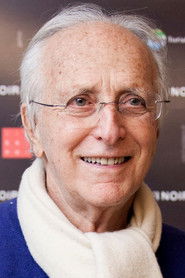 Ruggero Deodato
Ruggero Deodato Umberto Lenzi
Umberto Lenzi Giovanni Lombardo Radice
Giovanni Lombardo Radice Massimo Antonello Geleng
Massimo Antonello Geleng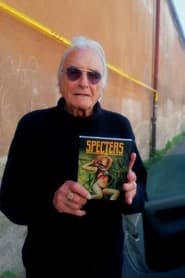 Marcello Avallone
Marcello Avallone Sergio Martino
Sergio Martino
About a group of door-to-door salesman who try to sell vacuum cleaners from "Vorwerk", a German manufacturer.
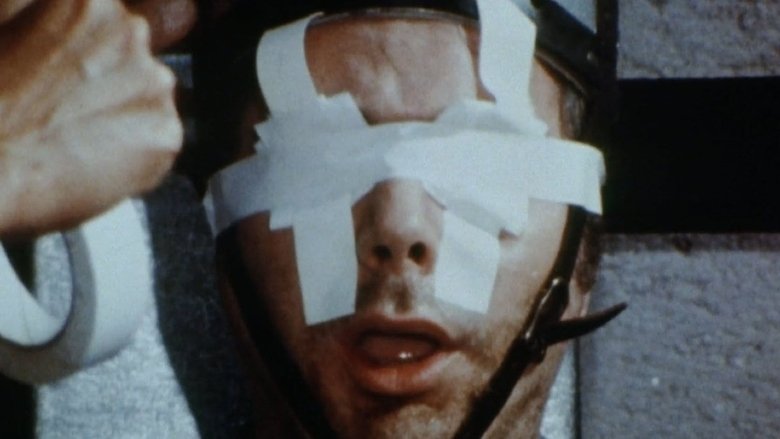
A collection of death scenes, ranging from TV-material to home-made super-8 movies. The common factor is death by some means.
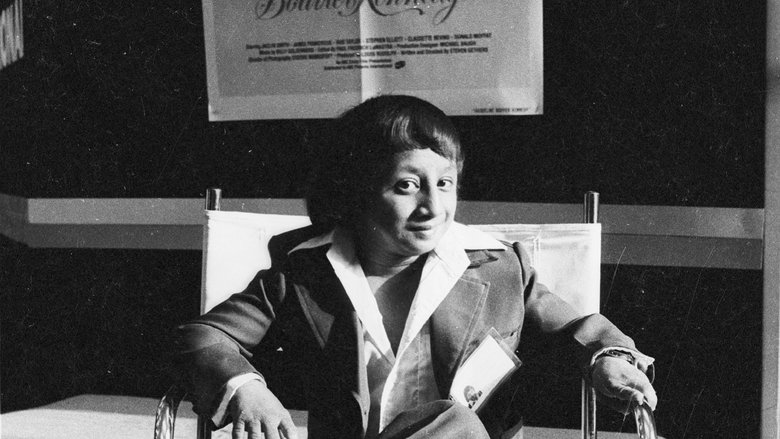
The bizarre history of Filipino B-films, as told through filmmaker Andrew Leavold's personal quest to find the truth behind its midget James Bond superstar Weng Weng.
A 60-minute salute to American International Pictures. Entertainment lawyer Samuel Z. Arkoff founded AIP (then called American Releasing Corporation) on a $3000 loan in 1954 with his partner, James H. Nicholson, a former West Coast exhibitor and distributor. The company made its mark by targeting teenagers with quickly produced films that exploited subjects mainstream films were reluctant to tackle.
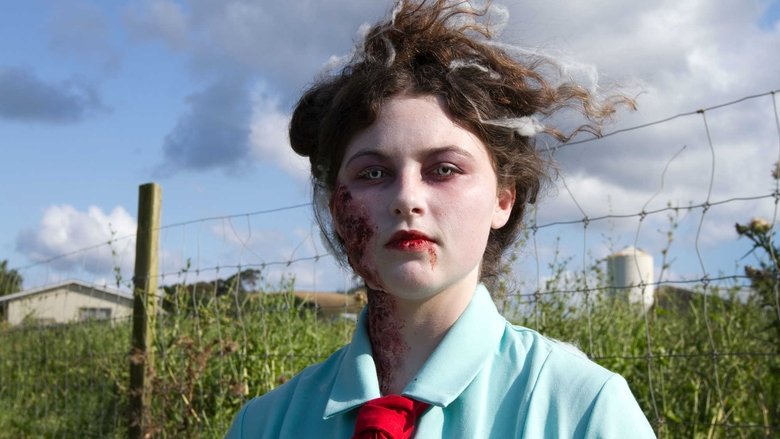
Documentary from Kiwi filmmaker Florian Habicht on the most successful haunted attraction in the Southern Hemisphere, Auckland’s Spookers.
A roller-coaster ride through the history of American exploitation films, ranging from Roger Corman's sci-fi and horror monster movies, 1960s beach movies, H.G. Lewis' gore-fests, William Castle's schlocky theatrical gimmicks, to 1970s blaxploitation, pre-"Deep Throat" sex tease films, Russ Meyer's bosom-heavy masterpieces, etc, etc. Over 25 interviews of the greatest purveyors of weird films of all kind from 1940 to 1975. Illustrated with dozens of films clips, trailers, extra footage, etc. This documentary as a shorter companion piece focusing on exploitation king David F. Friedman.
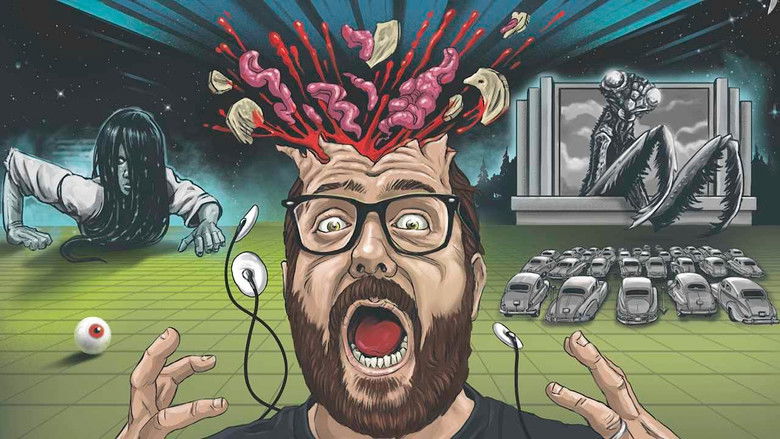
Horror fan Tal Zimerman examines the psychology of horror around the world to find out why people love to be scared.
It is a documentary, which submits to the public the most dramatic, subhuman situations in which men find themselves living in all corners of the world. From India to Brazil, from the African nations of the Sahel to Bolivia, the camera ruthlessly shows the images of a humanity marginalized in a thousand ways by the so-called"civil consortium".
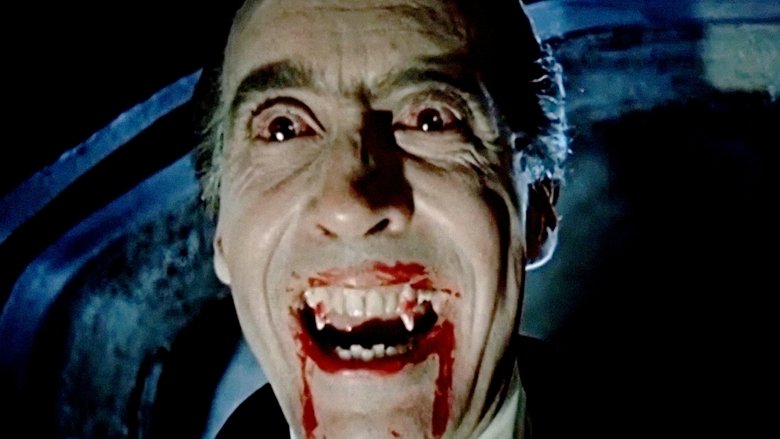
The greatness, fall and renaissance of Hammer, the flagship company of British popular cinema, mainly from 1955 to 1968. Tortured women and sadistic monsters populated oppressive scenarios in provocative productions that shocked censorship and disgusted critics but fascinated the public. Movies in which horror was shown in offensive colors: dreadful stories, told without prejudices, that offered fear, blood, sex and stunning performances.
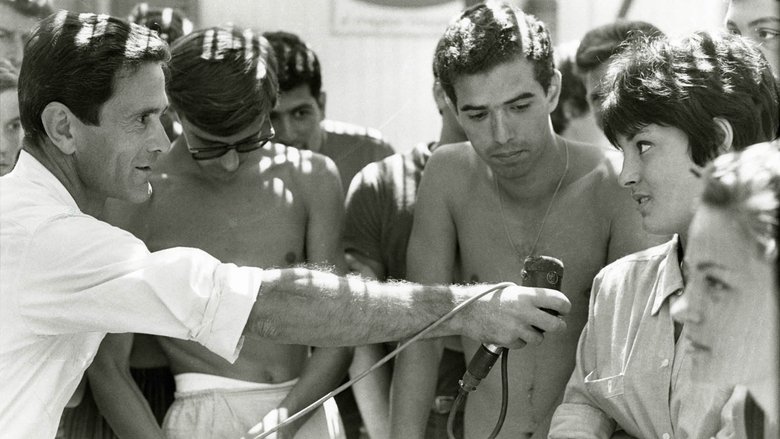
Pier Paolo Pasolini sets out to interview Italians about sex, apparently their least favorite thing to talk about in public: he asks children if they know where babies come from; asks old and young women if they support gender equality; asks both sexes if a woman's virginity still matters, what do they think of homosexuality, if divorce should be legal, or if they support the recent abolition of brothels. He interviews blue-collar workers, intellectuals, college students, rural farmers, the bourgeoisie, and every other kind of people, painting a vivid portrait of a rapidly-industrializing Italy, hanging between modernity and tradition — toward both of which Pasolini shows equal distrust.
This is the true story of a love triangle that takes place entirely online. Lies lead to murder in real life, as a teenage vixen (screen name 'talhotblond') lures men into her web. Revealing a shocking true crime story that shows the Internet's power to unleash our most dangerous fantasies.
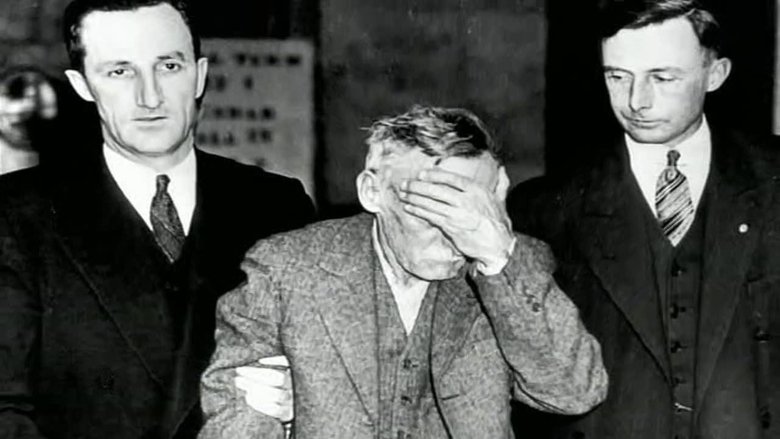
This documentary examines a selection of real life serial killers and compares them to the fictional Hannibal Lecter.
This documentary investigates five of California's most haunted sites: Alcatraz island, Bodie Ghost Town, Hotel Del Coronado, The Whaley House and The Winchester Mystery House.
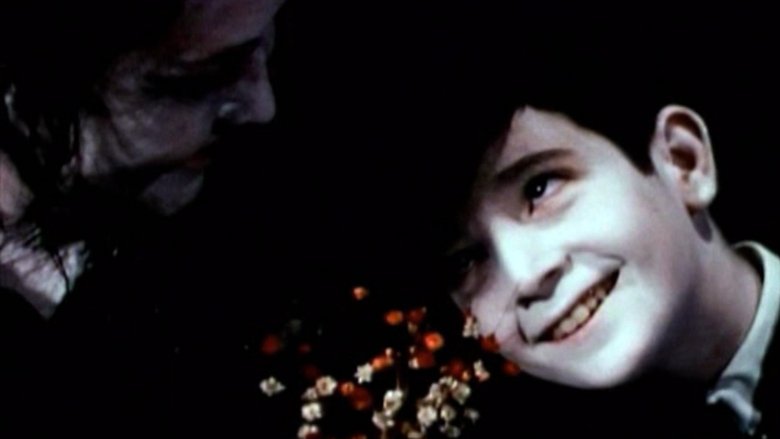
This collection of David Lynch's short films covers the first 29 years of his career. Four of his earliest underground films—Six Figures Getting Sick (1966), The Alphabet (1968), The Grandmother (1970) and The Amputee (1974)—are showcased, as well as two works from further into his career—The Cowboy and the Frenchman (1988) and Premonitions Following an Evil Deed (1995)—which were originally released as segments of anthology projects. Each film is given a special introduction by the director.
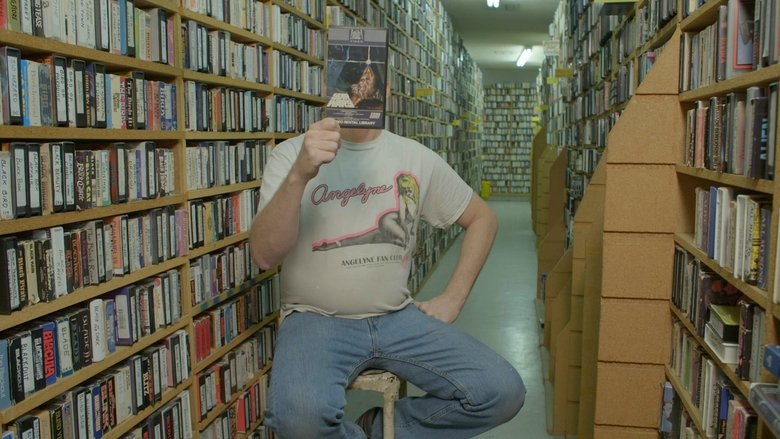
Using testimonies by pioneers and witnesses of the times, delve into the feverish visual culture the media generated – with far-fetched examples of canine television games, seduction manuals, aerobics class while holding a baby, among others.
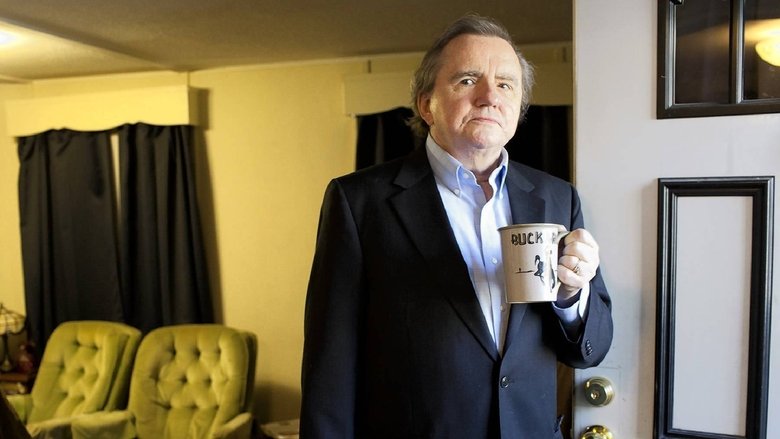
A documentary exploring the fascinating life of Baltimore B-movie legend, and John Waters' favorite, George Stover.
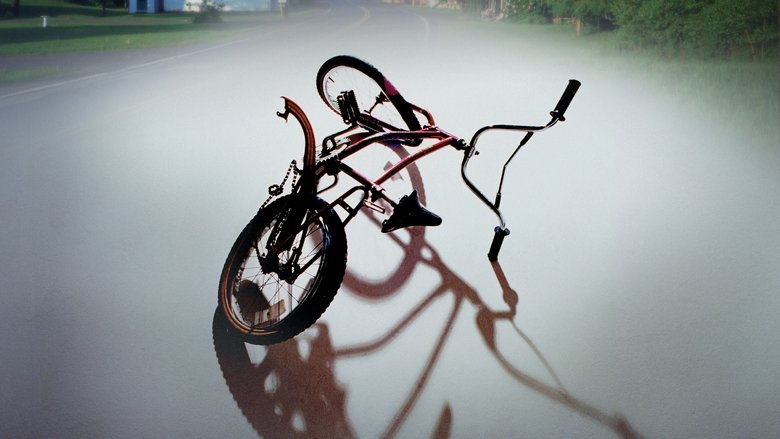
A horrific triple child murder leads to an indictment and trial of three nonconformist boys based on questionable evidence.

Film which travels inside the singular world of one of Italy's most famous fashion designers, Valentino Garavani, documenting the colourful and dramatic closing act of his celebrated career and capturing the end of an era in global fashion. However, at the heart of the film is a love story - the unique relationship between Valentino and his business partner and companion of 50 years, Giancarlo Giammetti. Capturing intimate moments in the lives of two of Italy's richest and most famous men, the film lifts the curtain on the final act of a nearly 50-year reign at the top of the glamorous and fiercely competitive world of fashion. (Storyville)
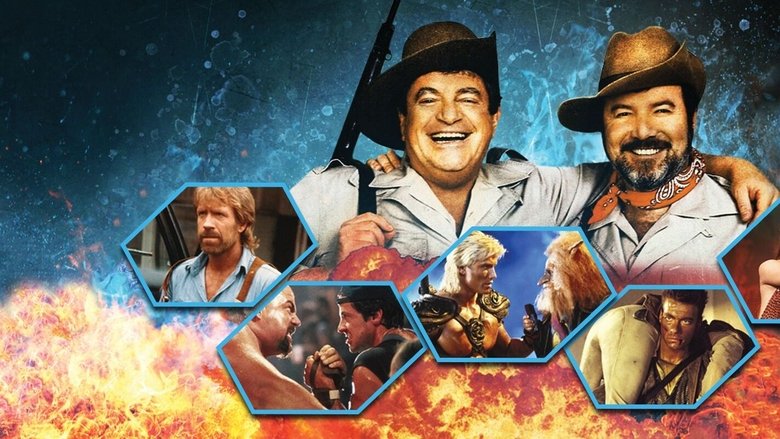
A documentary about the rise and fall of the Cannon Film Group, the legendary independent film company helmed by Israeli cousins Menahem Golan and Yoram Globus.